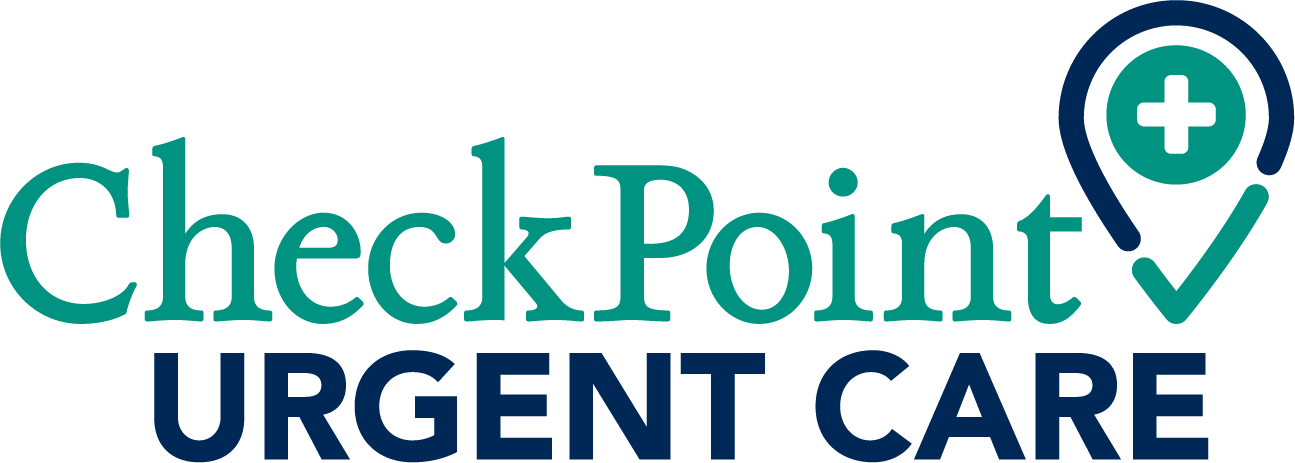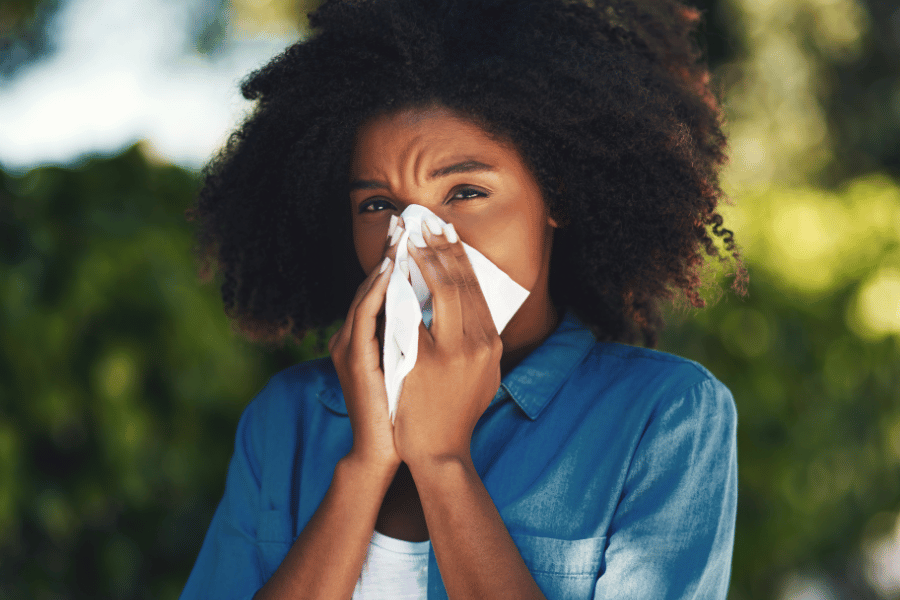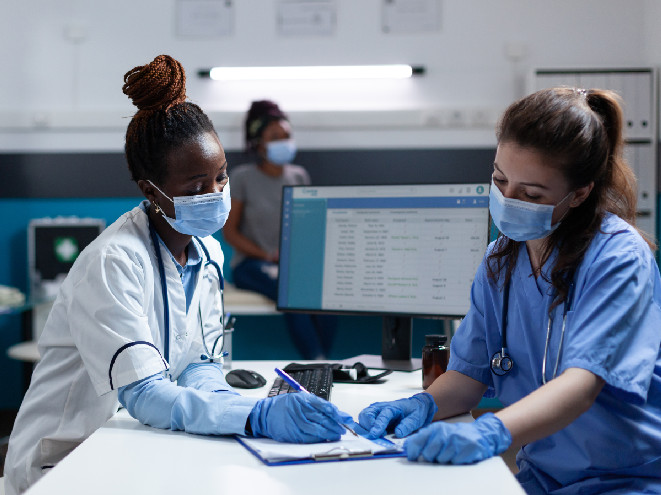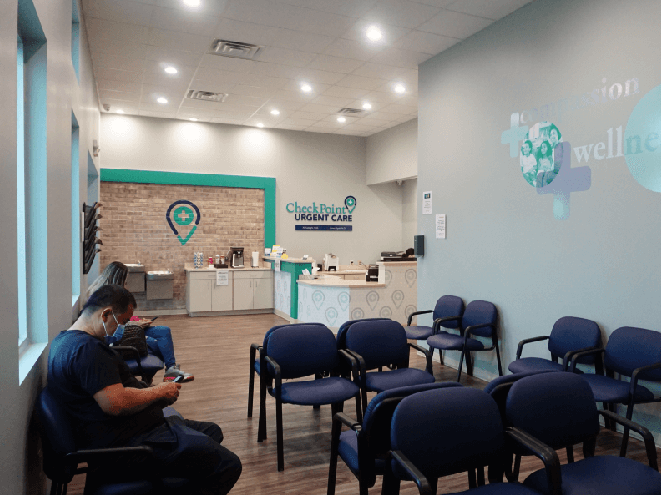While attending school and gaining an education is incredibly rewarding, the Back-To-School season brings increased exposure to various illnesses. If you’ve noticed your child has sudden sniffles and coughs every year, you’re not alone.
Common Back-To-School Illnesses
With more exposure to their peers after summer, children are more likely to get sick at the beginning of the school year. This can also put the rest of the family at risk of getting sick. Here are some of the most common illnesses children can pick up at school.
Pink Eye
Also known as conjunctivitis, pink eye can be caused by either a virus or bacteria. Symptoms include red eyes, green or yellow drainage, and possibly sealed eyelids from crusted discharge in the mornings. Pink eye is incredibly contagious and may require antibiotic eye drops to clear the infection. If your child is experiencing sealed eyes, use a warm, wet washcloth to wipe away the discharge.
To help avoid getting pink eye and prevent spreading it to others, make sure your child does not share eye drops, washcloths, or makeup with others. They should also wash their hands frequently with soap and water.
Lice
Lice spread easily in a classroom setting. These annoying and wingless insects lay eggs in human hair and feed on blood from the scalp causing massive discomfort. If your child is excessively scratching their head, it may be time to inspect them for lice. There are lots of over-the-counter treatments. This needs to be remedied quickly to avoid spreading to others.
Strep Throat
Often caused by a bacterial infection, Strep throat typically comes with a sore throat, fever, headache, and stomachache. This can spread by sharing drinks and utensils. To prevent complications from infection, your doctor will most likely prescribe an antibiotic.
RSV
RSV is short for respiratory syncytial virus. This virus is spread by coughing, sneezing, and touching surfaces contaminated with the virus. In adults and older children, RSV can mimic the common cold. However, in young children and infants, it can cause serious symptoms. Common symptoms are sneezing, coughing, and a runny nose. More severe symptoms include fast breathing, shortness of breath, and bouts of wet cough. In infants, it can cause apnea where they stop breathing. If this happens call 9-1-1 or bring your child to the ER immediately.
Hand Foot Mouth
Normally, this affects individuals under the age of 5, but anyone can get it. This includes parents and older siblings. Symptoms are fever, flu-like symptoms, mouth sores, and rashes on the palms and soles. Staying hydrated with water can reduce pain from the mouth sores. There are also over-the-counter medications to help relieve fever and pain.
Cold
Colds are one of the main reasons students miss school each year. Beginning with the telltale sore throat and runny nose leading to coughing and sneezing. Some over-the-counter medications can help ease symptoms, but there is no cure. Colds typically pass within 7-10 days.
When To Contact CheckPoint
Kids can get sick anywhere from 6-8 times a year. While it may feel like torture, each illness helps your child build up their immunity. Most illnesses simply need rest at home, hydration, and nutritious food.
Contact us if your child is experiencing prolonged symptoms or a fever of 100.4 and up. This could be indicative of more serious problems, or your child simply needs more help fighting the illness.
When Can A Child Return To School
Some schools have specific guidelines for returning after an illness. In some cases, a doctor will need to clear your child. As a general guideline, sick children should stay at home until they’re well enough to go back to school. Most of the time, this will be about 24 hours after symptoms begin to improve. If a fever was present, then they have not had a fever without the assistance of any medicine for 24 hours. If they had diarrhea, then they have not had diarrhea for 48 hours.
General Preventative Measures
Here are some of the best ways to boost your child’s immune system and prevent illness:
- Wash hands before eating, after using the toilet, and after blowing their nose, coughing, or sneezing.
- Get a good night’s rest
- Reduce stress.
- Stay up to date on vaccinations.
- Eat healthy meals with plenty of fruits, vegetables, whole grains, and lean proteins. Avoid added sugar and sugary beverages.
CheckPoint Urgent Care
We are here for you and your family during the Back-To-School season! If an illness occurs in your family, we happily accept walk-ins and are open from 9 AM to 8 PM every day of the week. We’ll help your child get back on their feet as soon as possible. You can contact us to schedule an appointment, but we also take walk-ins!








